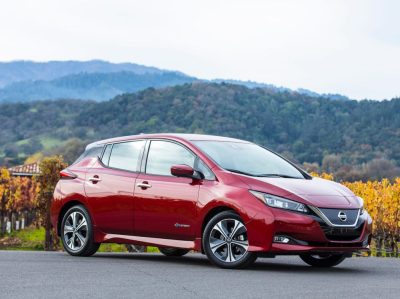These Electric Vehicles Need Their Batteries Replaced Most Often

All Global Research articles can be read in 51 languages by activating the Translate Website button below the author’s name.
To receive Global Research’s Daily Newsletter (selected articles), click here.
Click the share button above to email/forward this article to your friends and colleagues. Follow us on Instagram and Twitter and subscribe to our Telegram Channel. Feel free to repost and share widely Global Research articles.
***
One of the biggest concerns that prospective electric-car buyers have is if they’ll ever have to make a costly battery replacement. And while they haven’t been very common among early EVs, some models have needed them more than others.
Excluding major recalls for the Chevrolet Bolt EV and EUV and Hyundai Kona Electric, of the EVs studied by battery health reporting firm Recurrent, only 1.5% have received battery replacements. About 15,000 EV drivers in the US use Recurrent, so that’s only 225 vehicles.
Including the two well-known EV battery pack recalls raises that percentage of battery replacements to 6.5%, according to Recurrent, or 975 of the 15,000.
Behind the recalled vehicles, unsurprisingly, Recurrent found the Nissan Leaf and the Tesla Model S have the highest percentage of battery replacements — with the Leaf at 4.92% and the Model S at 3.75% — as they are among the oldest EVs.
The 2011 and 2012 Nissan Leaf saw 8.3% and 3.5%, respectively, rates of replacement. The 2013, 2014, and 2015 Model S saw 8.5%, 7.3%, and 3.5%, respectively, rates of replacement.
Click here to read the full article.
*
Note to readers: Please click the share button above. Follow us on Instagram and Twitter and subscribe to our Telegram Channel. Feel free to repost and share widely Global Research articles.
Featured image: Recurrent found the Nissan Leaf has one of the highest percentage of battery replacements. (Source: Nissan)

